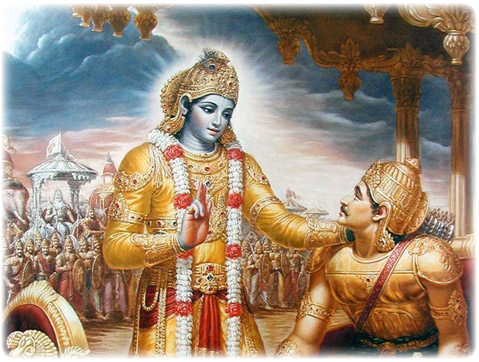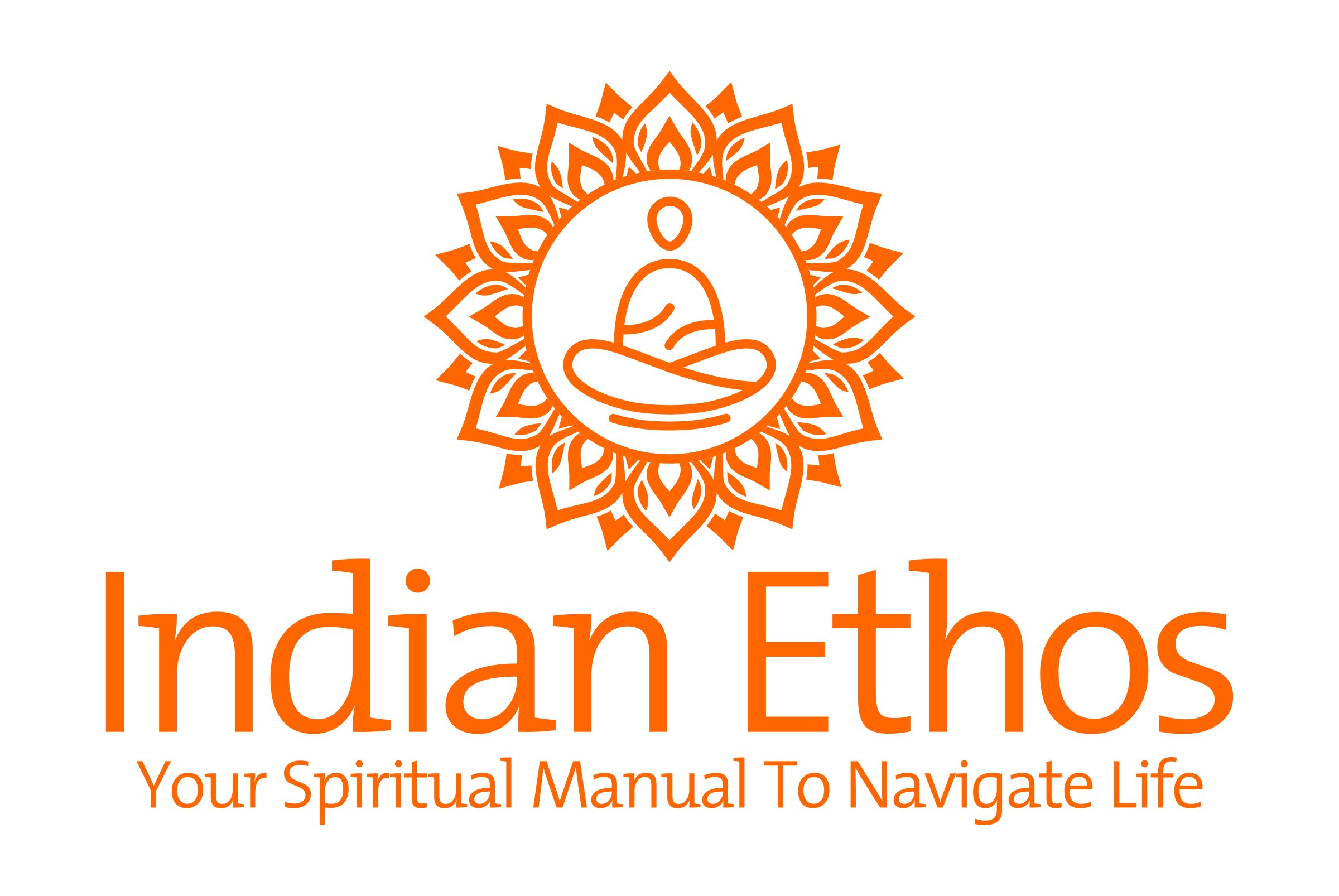 The below verse from Bhagvad Gita Chapter 2 teaches best the equanimity of mind and advantages of non attachment while tackling the dualities of life and remain happy against all odds.
The below verse from Bhagvad Gita Chapter 2 teaches best the equanimity of mind and advantages of non attachment while tackling the dualities of life and remain happy against all odds.
“Raagdweshaviyuktaistu vishayanindriyeshchran
Atmavashyervidheyyatma prasadamadhigachati”
“Self Controlled Man, moving among objects, with his senses under restraint, and free from both attraction and repulsion, attains peace”
In an unending race for material wealth and success in today’s highly competitive world, Man is so engaged in his material pursuit that he hardly has any time for self and family. His all energy is lost in coping up with the ever-changing dynamics of the world around and in managing to achieve the worldly objects which are unfortunately considered as the index of his success in life.
While the truth is that even after achieving the material wealth and so called success in life, Man still struggles to be happy. He may say for a moment that he won the race of life by achieving all that is yearned by majority of people, but deep inside the core of his heart he can not say it with confidence and can not convince his own inner self that he is truly happy in life and his present state of happiness is eternal.
We try our best to achieve and then to retain what is achieved, while the external parameters of the cosmos by the virtue of its uncertain and ever changing nature tend to take away those things from us. This is an infallible law of cosmos- whatever is there in this cosmos with which we are attached and obsessed, surely tend to part away with us wither today or tomorrow. This way there is a continuous struggle between Jeeva ( Man) and the Jagat (Cosmos) to keep moving with the wheels of life, coping up with its uncertainties trying to retain whatever is near and dear to us.
Life gives us every thing in dualities – if there is pleasure, there has to be pain, if there is happiness, and there has to be sorrow. The problem with us as human beings arises when on one hand we try to grab for pleasure and happiness and try our best to retain them; on the other hand we try to be away from pain and sorrow. We welcome all positive things achieved in our life and give ourselves the credit of achieving the same, and on the contrary we avoid all negative things and try to blame external situations, GOD for them. While in this whole process, when we are fighting hard to keep the negative things away from us we incur some unseen losses as follows:-
- Firstly we are overpowered with the fear of uncertainties and are unable to think about the
 further course of action out of our fear.
further course of action out of our fear. - Secondly we loose the opportunity to accept the failures and take the learning from them.
- Thirdly and most importantly, we are obsessed with our likings and could not digest even the thought of loosing them, increase our pain.
With the virtue of our attachments, we become dependant on external situations, objects and persons for our happiness, which are not in our control.
Bhagvad Gita gives us the solution in the form of above mentioned verse which asks us to become self restraint and to train our minds to be independent of external factors for its happiness and peace. Mind is the cause of all miseries – It is our mind which decides our happiness and sorrow. We should not allow our remote control getting into the hands of others, and should develop equanimity of mind under all situations. Ability to look at every situation with stable mind and to learn with every failure, to live every moment in peace without getting affected by its dualities is the key to success and happiness.


